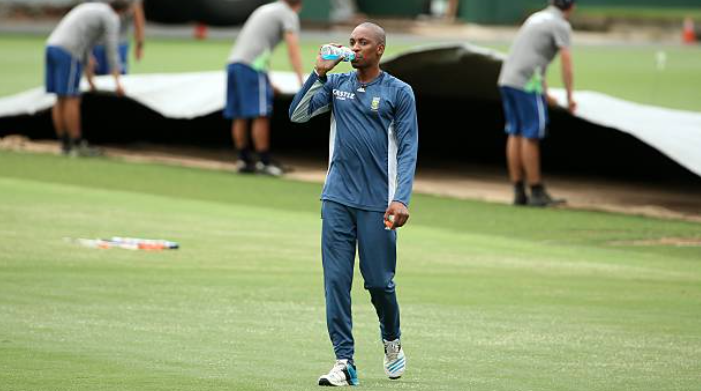Cricket for Social Justice and Nation-building (SJN) hearings were meant to be a platform for those testifying to expose deep inequalities in cricket. There’s been painfully little of that, and more subjective fluff that is derailing what was a noble and necessary process, writes RYAN VREDE.
The SJN is nine days deep and the sense of dismay I had from the moment the hearings were delayed, due to the threat of legal action against those testifying, hasn’t subsided.
I understood then that the process was compromised and testimony would be diluted. This compounds the pain of those testifying. Not only do they carry the pain of the experience(s) of prejudice, they would now also have to consider the legal ramifications of sharing their experiences. This must be traumatic.
This was probably at the heart of some of these players leaking undiluted testimony to the media in late May. I’d argue, the contents of those stories from understandably anonymous sources was what the SJN should have heard.
For that to have happened, there had to be a collective understanding of context and intent. Those testifying had to feel the freedom to share their experiences without the fear of legal sanction, and have those experiences interrogated on their merits. Those implicated in the testimony needed to understand that the sharing of experience shouldn’t equate to a witch-hunt.
For the latter group, the process could have been an opportunity to identify blindspots in their thinking, understanding how those blindspots impacted those who were testifying, and eliminating those blindspots.
I frame it this way because it’s hard to believe that the majority of those whites implicated in the testimony are consciously racist. Would some have been? Certainly. They need to be exposed and met with the private and public disdain this mentality deserves.
Yet, the greater likelihood is that there was nuance to every situation described, and unconscious bias that drove decision-making in those situations.
A cycle of share-understand-learn-heal-repeat should have been the objective of the SJN. Instead the process is fundamentally flawed and has become a shadow of what it could have been.
This is not to say there hasn’t been poignant and illuminating testimony, Omar Henry’s detailed description of his selection snub at the 1992 World Cup and Aaron Phangiso’s detailing of his 2015 World Cup experience among that.
The most heartfelt experience was shared not in testimony, but a tweet. ‘No one can ever take this away from me. A kid from a shack, no private school. Became Man of the Match on Debut for South Africa. 07 /07 /15 . This date tattooed in my arm. I will always celebrate this day. No opportunities came after this but I am proud what I achieved then,’ wrote spinner Eddie Leie.
I hope Leie brings this energy when he testifies and shares his experience freely because it is self-evident that he was treated terribly.
It is problematic that this type of testimony is lumped together with issues that are sold as examples of racism and/or prejudice but are really procedural or policy matters.
Phangiso raising the issue of bench players having to share a match fee is an example of this. Black and white players were both directly affected by this. The policy needs to be examined for the reasons Phangiso details, but it detracts from the work the SJN was established to do, and it opens Phangiso to accusations of entitlement, a favourite trope of racists.
Alviro Petersen claiming his treatment in a match-fixing investigation bordered on prejudice is another example of this. Petersen served a two-year ban for multiple charges, including contriving to fix or improperly influence matches to failing to disclose full match-fixing details within the prescribed time, in the 2015-16 Ram Slam T20 tournament.
The former Proteas opener admitted his own wrongdoing with regard to not reporting fixing approaches at the time or in time, but has been bullish about his treatment ever since his guilty finding. To raise this once more during the SJN hearings places a procedural issue in a racially charged context, which undermines the core existence of the SJN. Simply put, Petersen portraying himself as a victim does nothing to advance the cause of the real victims whose testimony is being heard.
The hearings have some way to run yet, and I hope that there is testimony that breaks from the diluted mess that has been on offer. I doubt things will change and I’m cynical about any real change that will flow from these hearings as a result.
And, if the outcome is not to be the catalyst for real change, what is the point?







